Gardening is both a relaxing activity and a fruitful way (pun intended) to get some outdoor exercise.
However, a little bit of know-how will go a long way when it comes to starting your own garden.
Tilling, growing from seeds, soil testing and spacing your plants are some of the steps that are an important part of growing your own vegetables, fruits and herbs and will ensure a bountiful harvest if done properly.
Yard Cleaning Quote
What is Gardening?
This refers to an activity where you tend and cultivate a piece of land. It is usually associated with small scale farming, and most people practice it as a passive activity.
Choose the plants you want to grow
The first and most important step is to choose the plants that you want to grow. As a rule of thumb, grow plants that will give you value. Some examples are edible plants, or plants that enhance your property's aesthetical value.
Tip: It is important to look at each plant's hardiness zone before you plant it in your garden. This is to ensure the plant will thrive in the climate specific to the area where you live.
Pick a location
The next step is to choose the area you will use for your garden.
This is important because it will affect the plant's access to sunlight and your ease of access to the plant, for activities such as weeding, watering, etc. Also, make sure that there is no obstruction blocking sunlight, which is vital for plant growth.
Plan the garden size
After choosing where you want to start your garden, the next step is deciding its size.
It is important to note that raised beds are more efficient if you only want a small garden.
They are easier to tend to and can also be more visually appealing, if done right.
One of the downsides of using a raised garden bed is that they lose water and moisture faster and they will need to be watered more often.
Instead of planting in single rows, it is advisable to either use blocks or a garden bed. Ideally, a garden block should measure between three and four feet wide – this allows you to access the center from any side. A garden bed should be about 10 feet long so that you do not have to step into it and compact the soil.
Inside the garden beds, grow plants in a grid or rows. Your objective should be to maximize the growing space. Make sure that you only apply fertilizer when you need it since it saves time and money.
When starting, ensure that there is enough space for each plant to grow. This is because plants become more prominent as they grow, and overcrowding affects their health. A small garden that is well taken care of can produce as much or more than a large garden that is poorly tended.
Get the right tools
Using the right tools is essential for any garden, big or small. Having the right tools with you will make the gardening process more efficient and productive. Some of the essential tools needed for gardening are a garden hoe, leaf rake, and shovels.
If your budget allows, avoid purchasing plastic tools because they get damaged easily.
Instead, you should choose metal gardening tools since they have a longer lifetime. More importantly, you should use the right-sized tool to reduce the risk of getting an injury.
Test Your Garden's Soil
Before you plant anything in your garden, it is essential to know the PH of the soil. This information helps you to understand your soil's chemical composition, and how it affects the choice of plants that will thrive in it. Most plants perform well in alkaline conditions, but some others, such as potatoes, thrive in acidic areas.
Carry out proper planting
If you plan to grow your plants from seeds, as opposed to transplants bought from a gardening store, you should always follow the planting instructions printed on the packaging.
As a rule of thumb, you should ensure that you've planted the seed in a depth that's 2-3 times its diameter.
Tend to your garden
Your garden will only thrive if it is well taken care of.
From time to time, ensure that you remove weeds and water the plants. Keep an eye out for plant pests or diseases so that you can manage them early on.
It is worth noting that too much water is as harmful as too little water. For this reason, it is crucial to check the top 1-2 inches of soil (depending on soil type and root depth) before adding more water. If the ground seems to be wet, then you should not water it. You can use a trowel as a tool for checking the soil moisture.
Benefits of gardening
Besides improving the appearance of your home, gardening has plenty of other benefits.
Gardening helps to burn calories
Since gardening is a physical activity, it can assist in burning calories. In fact, it is more intense than talking a stroll. If you are looking for a pleasant way to get some outdoor activity, gardening is the ideal way to do so.
Better financial health
Gardening does have some startup costs, but if you plan it right, it will help you save some money in the long run.
There are 2 ways how gardening can save you money, or even help generate some income:
- you won't have to spend as much on the vegetables, fruits and herbs that you grow in your garden
- if you have a surplus, you can even sell some of them at a local farmer's market. Just make sure that you do not need a license to sell the plants you grow. For example, in Illinois, fresh fruits, vegetable and herbs are not restricted. It is still a good idea to check with the county and ask if you need a temporary food establishment license.
Relaxation
Gardening is considered to be a relaxing activity by many. It gives one time for reflection and strengthens their connection to nature.
Should I hire a professional for my gardening?
Maybe. It depends on garden size, your available time, desired level of physical activity and how much effort you want to dedicate to starting a garden.
Usually, there are plenty of people, both online and around garden centers that share the same passion for gardening and will freely give gardening advice.
There are a few tasks that might require help from a professional landscaper:
- delivering topsoil, tilling and mixing
- installation of garden beds
- disease and pest prevention and control
- fertilization
- weeding
Whether you require help from a professional gardener also depends on your garden size, your ability to perform physical tasks, and the available time you can allocate to gardening.
Conclusion
Gardening is a yummy, cost effective, relaxing way to stay fit and reduce stress.

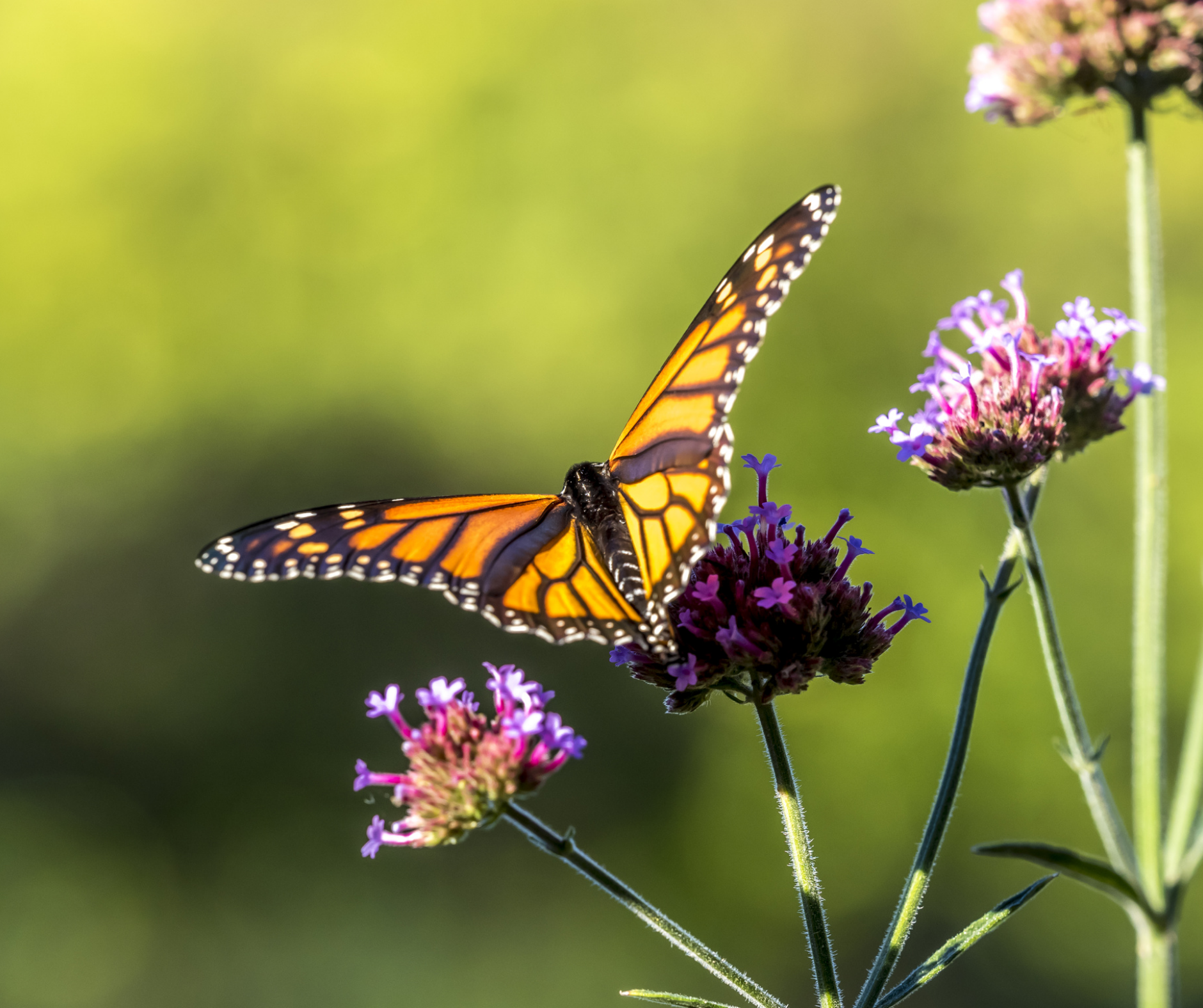
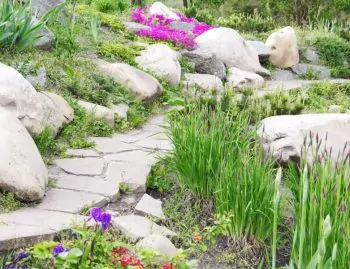
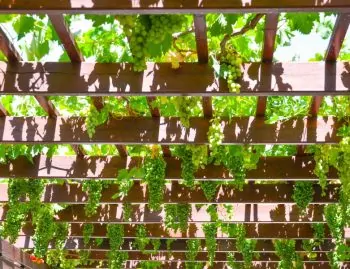
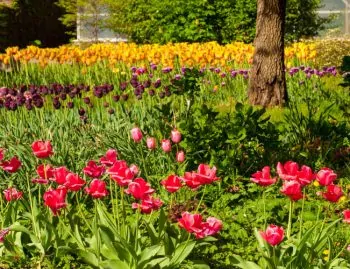
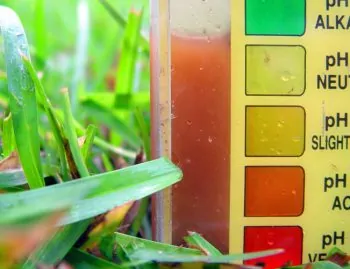
You must be logged in to post a comment.